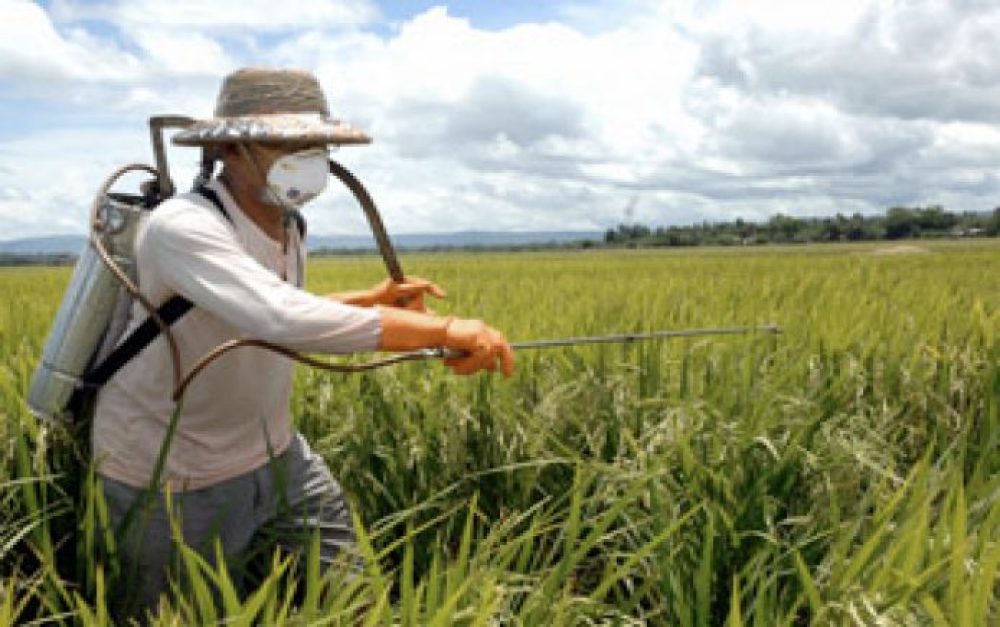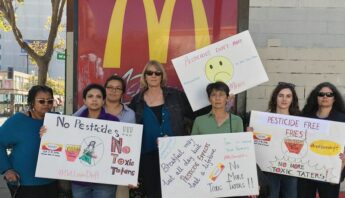This week we mark the International Week of No Pesticide Use, which honors victims of pesticide poisonings across the world. A week which I wish did not need to exist.
Unfortunately, the problem is very real. According to the World Health Organization, 25 million farmworkers experience episodes of pesticide poisoning in the Global South every year. A new report by PAN Germany highlights this and other sobering facts, illustrating how pesticides continue to harm millions across the globe — and making a compelling case that it's time for real change.
The authors of Pesticides & Health Hazards: Facts & Figures reviewed more than 90 scientific studies, research papers and policy documents. They paint a detailed picture of the problem we face: communities around the world most affected by pesticide poisonings, the nature of their health harms, and the extent of solid data existing about this problem that can guide policymakers to implement better protections. The authors also provide specific and urgent recommendations for action.
An invisible & ongoing story of harm
One key finding is that a significant portion of pesticide poisoning cases do not get reported, nor is any medical treatment provided to those affected.
Accurate information on the number of pesticide poisoning incidents across the globe is very hard to find. Under-reporting of poisoning cases, misdiagnoses at medical facilities and pure negligence all play a role. Poor data leads to poor policymaking, which leads in turn to not enough protection for communities across the globe.
And lack of pesticide poisoning data is not limited to the Global South. Here in the U.S., only one state maintains a database of pesticide poisoning cases. California’s Pesticide Illness Surveillance Program is the only program of its kind in the country, and it too has its share of problems.
PAN Germany’s new report supports the findings from PAN’s 2010 publication Communities in Peril, which presented data from a survey of pesticide use and health harms in 13 countries in Latin America, North America and Asia.
From recognition to action
The new report lays out a series of specific and urgent recommendations, including:
- Training for doctors to minimize cases of misdiagnosis;
- Strong reporting systems for pesticide exposure-related illness; and
- Stronger pesticide rules to reduce exposure, especially those that are considered highly hazardous.
PAN International has published a list of Highly Hazardous Pesticides (HHPs) that are the pesticides of highest concern for human and environmental health. Action needs to be taken by governments and international agencies like the Food and Agriculture Organization to ensure the exposure of farmers and farmworkers to such HHPs is minimized across the globe.
Pesticide poisoning of those who grow the world's food should not remain an invisible problem. PAN and our allies remain dedicated to shining light on this issue and helping communities worldwide protect themselves from the harms of pesticides.







